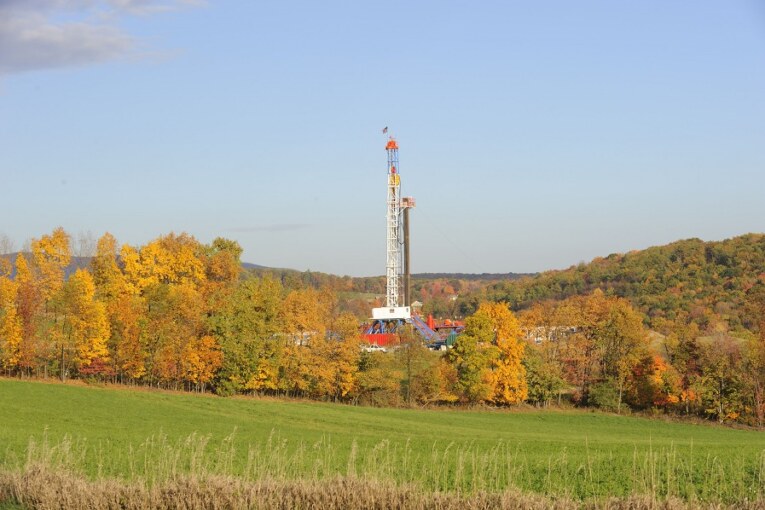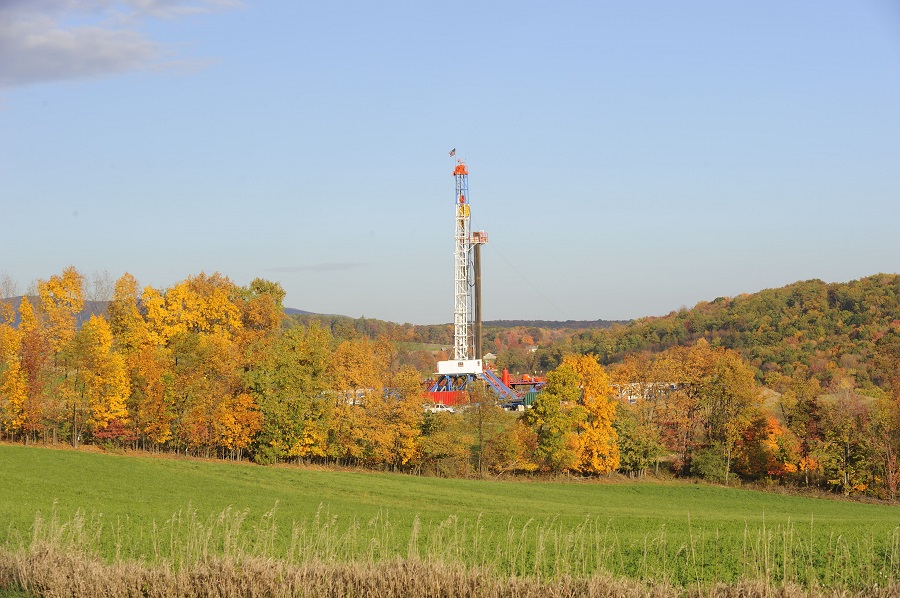

U.S. energy firms this week added oil and natural gas rigs for a fourth week in a row as crude prices rose to a seven-year high last week, prompting some drillers to return to the wellpad.
The oil and gas rig count, an early indicator of future output, rose seven to 563 in the week to Nov. 19, its highest since April 2020, energy services firm Baker Hughes Co said in its closely followed report on Friday.
That puts the total rig count up 253 rigs, or 82%, over this time last year.
U.S. oil rigs rose seven to 461 this week, their highest since April 2020, while gas rigs were steady at 102.
After closing at their highest levels since October 2014 early last week, U.S. crude futures dropped to around $76 per barrel on Friday as surging COVID-19 cases in Europe threatened to slow the economic recovery.
But with oil prices still up about 57% this year, some energy firms said they plan to raise spending in 2021 and 2022 after cutting drilling and completion expenditures in 2019 and 2020.
Oddly, an even bigger price surge in natural gas – futures were up 96% so far this year – has not yet encouraged drillers to seek more gas.
The oil rig count was up about 73% since the start of the year, while the number of active gas rigs was only up about 23%.
Even though producers were not drilling many new gas wells, the U.S. Energy Information Administration (EIA) projected gas output from the biggest shale basins would rise to a record high for a seventh month in a row in December.
That is in part because companies were completing oil and gas wells drilled long ago, prompting some analysts to project that drilling will have to increase soon or production will decline as the number of drilled but uncompleted (DUCs) wells falls.
The EIA said producers drilled 649 oil and gas wells and completed 871 in the biggest shale basins in October, leaving just 5,104 DUCs, the lowest since December 2014.
That was the 16th month in a row that the number of DUCs declined, the longest streak on record, according to EIA data going back to 2014.
“With DUC inventories at these levels, U.S. shale producers will need to ramp up drilling operations over the coming months to offset further declines in completions,” analysts at JBC Energy said in a note this week.
You can read more of the news on source



